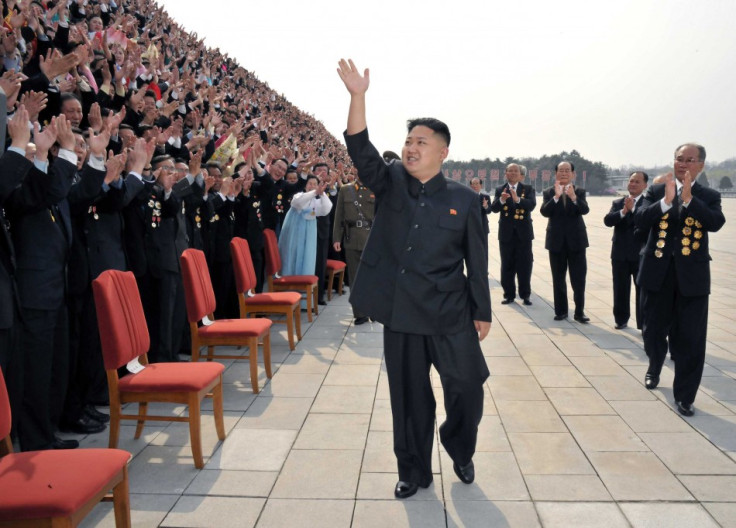Cash-Strapped North Korea to Send More Workers Abroad

New North Korean leader Kim Jong-un plans to send more North Koreans abroad to earn money for the cash-strapped regime, reports the South Korean daily Chosunilbo.
Quoting an unidentified source from the South Korean government, a source has told the paper that the 20-something leader is in dire need of money as the country's resources are drying up.
Already 30,000 North Koreans work abroad and the plan is to send 10,000 more.
Sanctions by the international community have bled North Korea, the source told Chosunilbo. But that has not deterred the country's elite from splurging. The capital Pyongyang is reportedly shining with new Mercedes and BMWs.
The import of luxury items like flat-screen televisions, digital cameras and other electronic equipment have also shown a steep rise, reports AFP.
Chosunilbo quoted a diplomatic source as saying: "Kim Jong-un must be desperate for money because he has to buy gifts and throw parties to ensure the loyalty of his inner circle. North Korea has no other choice but to increase the number of workers overseas."
According to reports, North Koreans abroad make more than $100 million (£62 million) in a year. At least 80 to 90 per cent of the income goes to the government in different forms such as loyalty funds, tax, insurance and accommodation.
During the previous leader Kim Jong-il's period, the government used to make an average of $300-400 million (£185-250 million) a year. Of that, $100 million (£62 million) came from workers' salaries and another $100-200 million (£62-120 million) from exporting weapons and the drug trade; economic cooperation with South Korea contributed $100 million (£62 million) a year.
In recent times, the North's belligerence has led to cooperation with the South suffering leading to a drying up of revenues.
International sanctions have only worsened the country's woes. Arms exports which used to bring in a lot of money have also stopped. The North earlier used to export ballistic missile related equipment and materials to countries like Middle East, South Asia and North Africa which include Syria, Iran and Pakistan. This has also been hit in the recent times due to the developments.
However, the trade relations with North's key ally China remain intact and active as ever. According to Chinese data, the two-way trade between the countries rose by 87 per cent year-on-year during the first half of 2011 to $3.1 billion (£1.9 billion), according to AFP.
© Copyright IBTimes 2024. All rights reserved.






